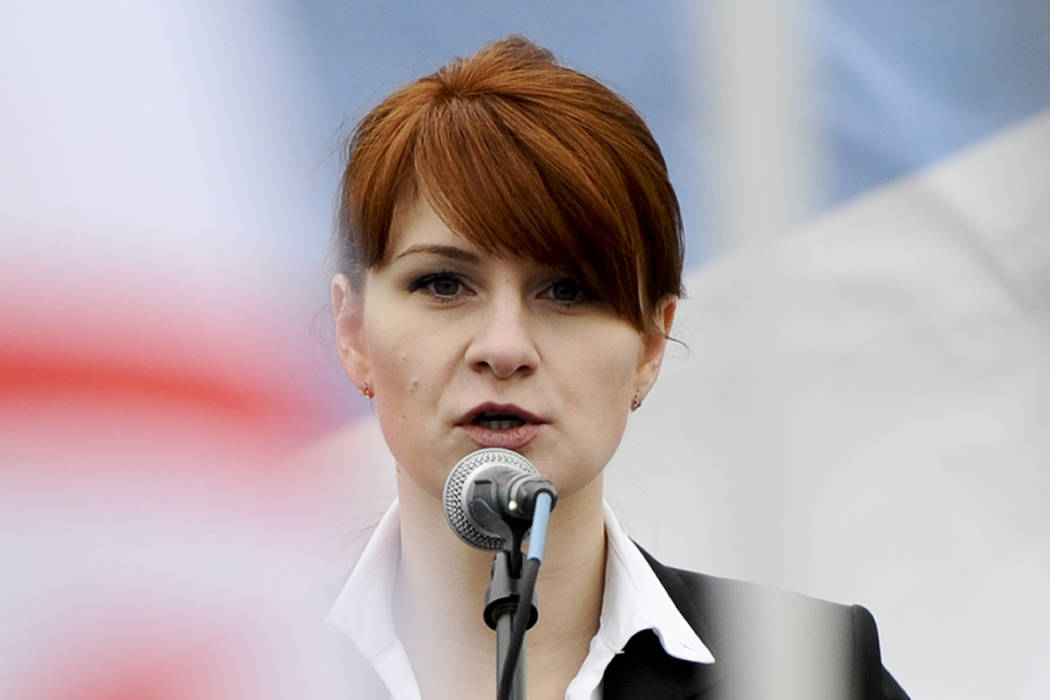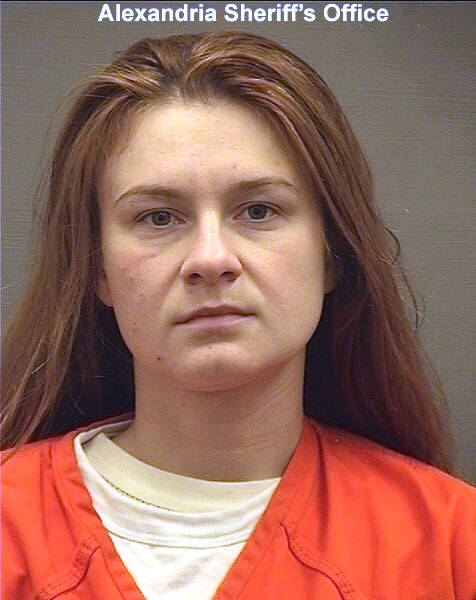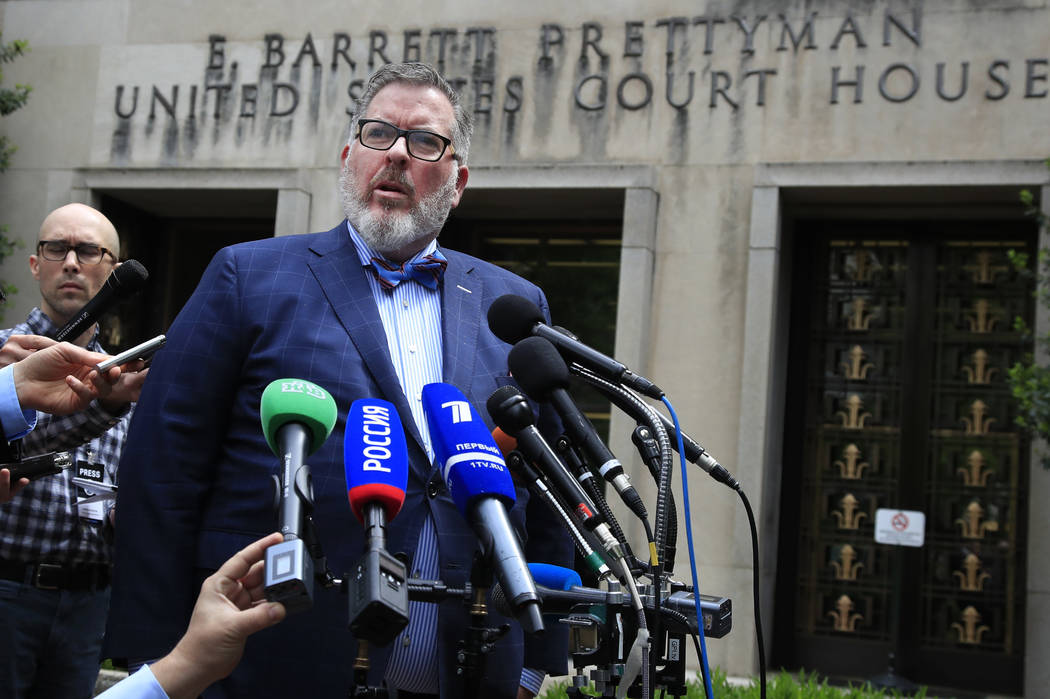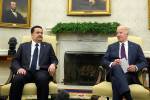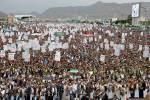Russian sentenced to 18 months for being agent for Kremlin
WASHINGTON — In a quivering voice, Maria Butina begged for leniency, casting herself as a comparative innocent caught up in a massive geopolitical power game.
Prosecutors held a dimmer view, saying the 30-year-old Russian deliberately obscured her true purposes while developing backdoor contacts inside the American conservative movement to advance the interests of Russia.
On Friday a U.S. District Court judge sided with the government version, sentencing Butina to 18 months in prison, followed by deportation. The judgment, which Butina can appeal, is a turning point in the high-profile case that garnered intense media coverage amid speculation over the extent of Russian interference in American politics.
Butina has been jailed since her July 2018 arrest, and admitted last year to covertly gathering intelligence on the National Rifle Association and other groups at the direction of a former Russian lawmaker. Her guilty plea to a single charge of conspiracy to act as an unregistered foreign agent came as part of a deal with federal prosecutors.
At Friday’s sentencing hearing, Butina appealed to U.S. District Judge Tanya Chutkan to release her with nine months of time served.
‘Reputation ruined’
“My reputation is ruined, both here in the United States and abroad,” she said, asking for “a chance to go home and restart my life.”
Chutkan, however, fully complied with the government’s recommendation and sentenced Butina to spend an additional nine months behind bars, before being deported.
The judge said the sentence was meant “to reflect the seriousness of (Butina’s actions) and to promote deterrence.”
Butina’s lawyers decried the judgment as overly harsh; they had characterized Butina as a naive but ambitious international affairs student who simply didn’t realize her actions required her to register as an agent of a foreign government.
“I feel terrible for Maria’s family…I wish we could have done more to get her out sooner,” said attorney Robert Driscoll. “I do not believe an additional nine months in jail serves any purpose.”
Russian Embassy responds
The Russian Embassy in Washington said in a Facebook post that Butina “is a political prisoner, a victim of provocations by special services and the arbitrary use of repressive US legislation. We insist on the innocence of our compatriot. We demand her immediate release. We will continue to provide her with comprehensive consular and legal assistance.”
Leonid Slutsky, chairman of the foreign affairs committee in the lower house of the Russian parliament, said the case was “political and fabricated from air poisoned with Russophobia.”
“It is necessary to continue the fight, to file an appeal and to do everything in our power for Maria Butina to return to Russia as soon as possible,” Slutsky was quoted as saying by state news agency Tass.
According to her plea agreement, Butina worked with former Russian lawmaker Alexander Torshin to use their contacts in the NRA to pursue back channels to American conservatives during the 2016 presidential campaign. All the while, she did not report her activities to the U.S. government as required by law.
Faced up to 5 years
Butina had faced a maximum sentence of five years in prison. Her case is unrelated to special counsel Robert Mueller’s investigation into Russian interference in the 2016 election, which concluded last month.
A statement from the U.S. Attorney’s office stated that Butina was guilty of acting as an unregistered “agent of a foreign government.”
“There is no doubt she was not simply a grad student at American University,” said prosecutor Erik Kenerson.
However defense attorneys repeatedly disputed the use of the word “agent,” saying it brought a sinister connotation that Butina’s true actions don’t merit.
“Maria was not a spy,” said defense attorney Afred Carry. “Her agenda was better relations between Russia and the United States… Maria never stole any documents or bribed any officials.”
Judge Chutkan, in her sentencing comments, read extensively from a declaration by Robert Anderson Jr., former assistant director of the FBI’s counterterrorism office.
“She was not simply seeking to learn about the U.S. political system,” Chutkan quoted Anderson as writing. Instead, she worked specifically to obscure her true agenda and “to gather information and develop relationships that could be used to Russia’s advantage.”
However Chutkan, at the end, seemed to sympathize with Butina — noting that the defendant did appear to be a diligent student who earned high marks at American University and who supplied dozens of letters vouching for her character from friends, family and professors.
“You are not the worst things you’ve ever done,” Chutkan told Butina. “You are a young woman. You are smart, you’re hard-working and you have a future ahead of you.”
___
Associated Press writer James Heintz in Moscow contributed to this report.



